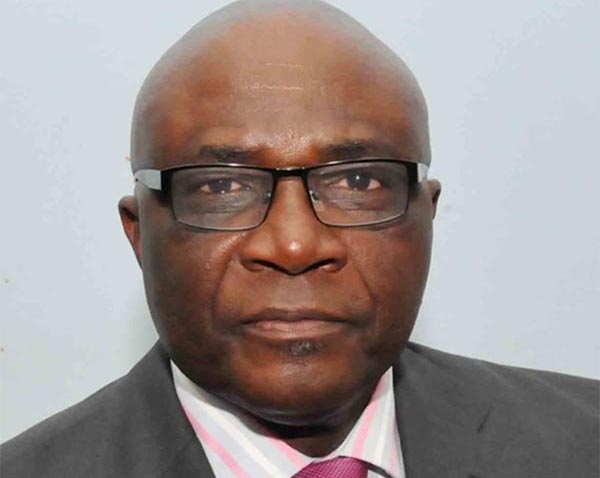The Presidency on Thursday refuted claims that the Federal Government is proposing a new minimum wage of N105,000. Bayo Onanuga, Special Adviser to the President on Information and Strategy, labeled the reports as false, clarifying that the Minister of Finance, Wale Edun, has not suggested such a figure.
The speculation arose following a meeting at the Presidential Villa where Finance Minister Wale Edun and Minister of Budget and National Planning Atiku Bagudu presented the cost implications of implementing a new national minimum wage to President Bola Tinubu. While Edun confirmed the submission of the template to the President, he reassured the public that there was no cause for alarm.
Onanuga took to social media to dispel the rumors, stating on his X account, “The Honourable Minister of Finance and Coordinating Minister for the Economy, Wale Edun, has not proposed N105,000 minimum wage. The contrary story being disseminated is false.”
The Tripartite Committee on National Minimum Wage, consisting of government representatives, organized labor, and private sector stakeholders, has faced multiple adjournments. Their meeting was postponed again on Thursday, marking the second delay in 24 hours due to the unavailability of the cost template on the new minimum wage.
Senior members of the Nigeria Labour Congress (NLC) expressed frustration over the lack of progress. A labor leader, speaking anonymously, revealed that despite hearing rumors of a proposal submission to the President, the committee had not yet seen any official figures. The labor movement is anxious as their ultimatum to the government expires on Monday, and the economic situation remains dire.
The slow pace of negotiations and the government’s failure to reverse the recent electricity tariff hike led to an indefinite strike by organized labor on Monday, significantly disrupting economic activities across the country. Banks, airports, public schools, and courts were affected, prompting the Federal Government to convene emergency meetings to resolve the crisis.
In response to the government’s approach, the unions agreed to suspend their strike for five days, contingent on the President’s commitment to a new minimum wage higher than N60,000. The tripartite committee has pledged to meet daily until a resolution is reached.
President Tinubu directed the Finance Minister to present the cost implications of the new minimum wage within two days. This directive followed a six-hour meeting between labor leaders and the National Assembly in Abuja. The President emphasized collaboration among government representatives, the organized private sector, and sub-national entities to establish a new, affordable wage for Nigerians.
As negotiations continue, the labor movement remains hopeful yet cautious. The outcome of the next committee meeting, scheduled for Friday, is highly anticipated, with the expectation that a viable minimum wage proposal will be presented. The government’s actions in the coming days will be crucial in determining the resolution of the ongoing labor disputes and economic challenges facing Nigeria.













